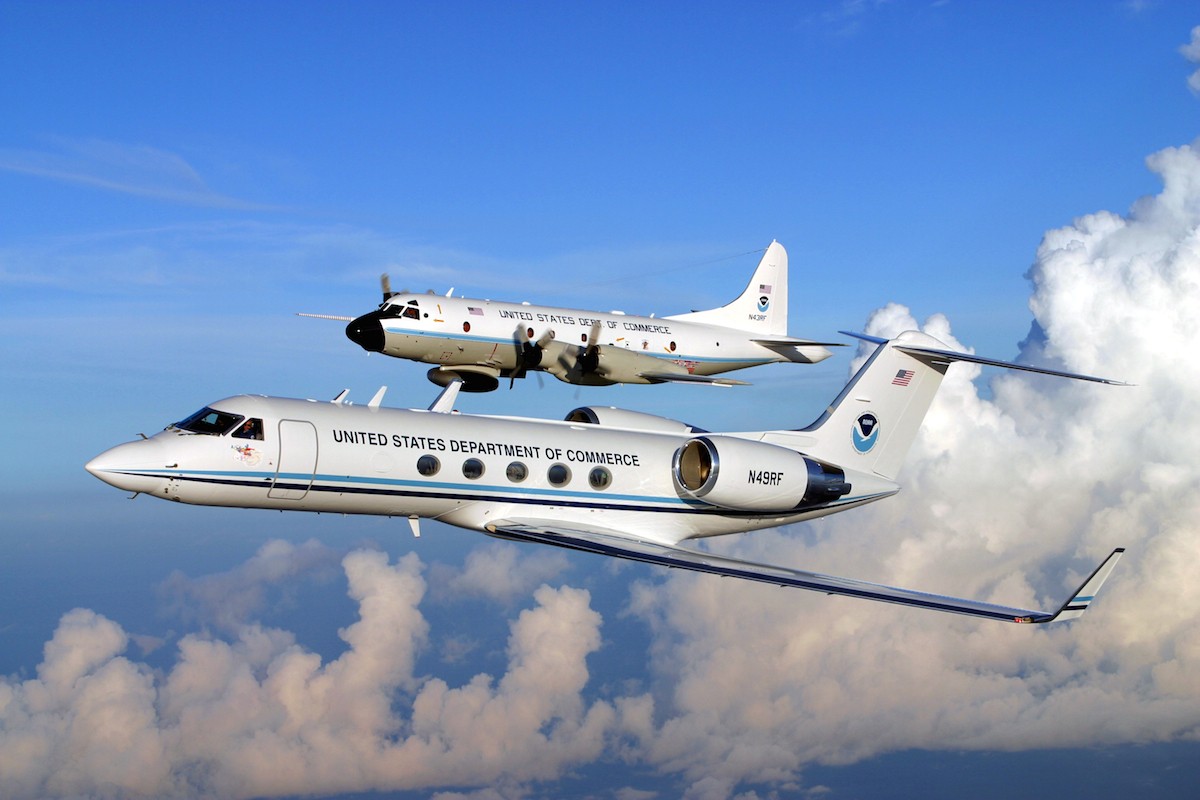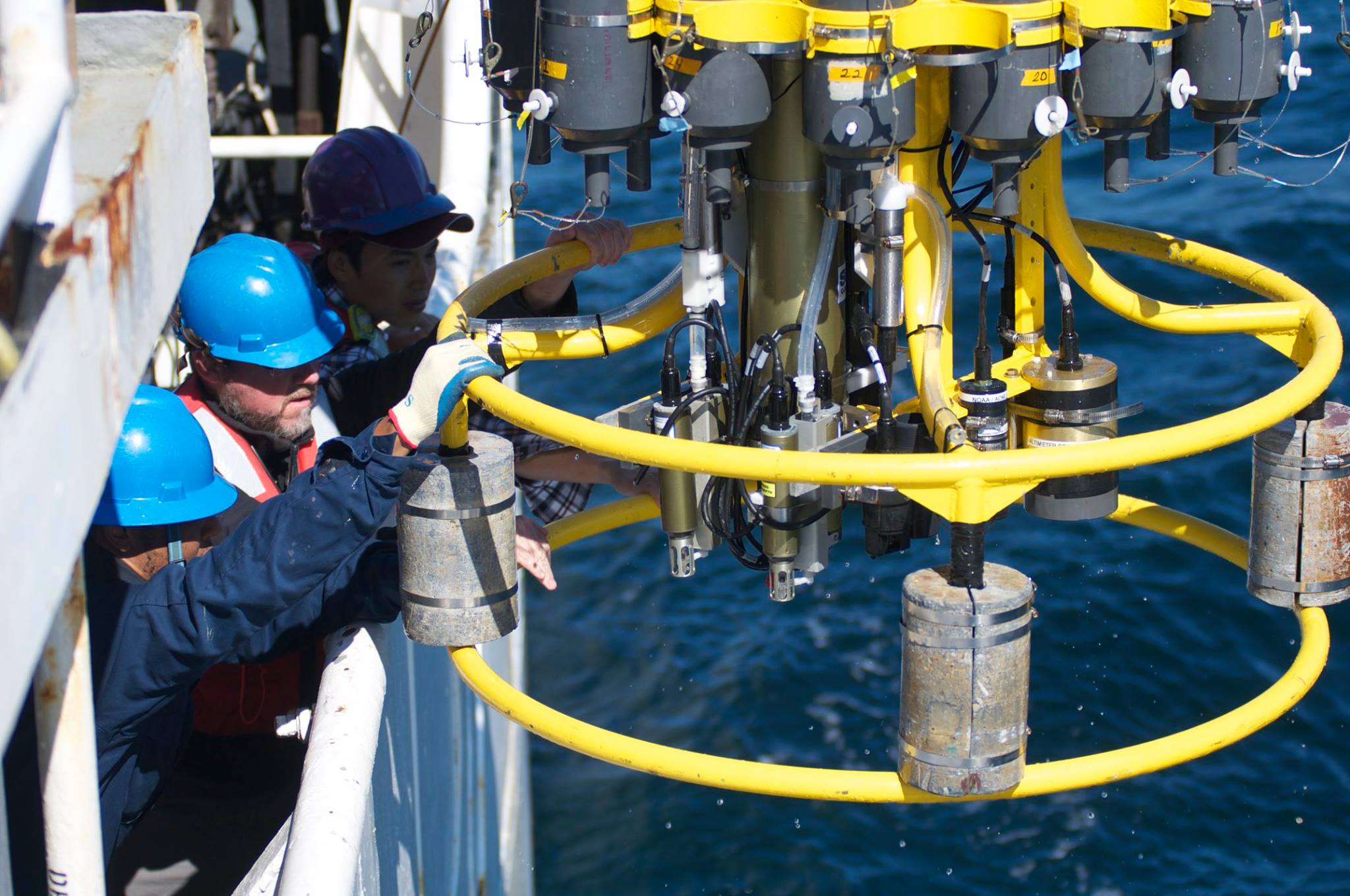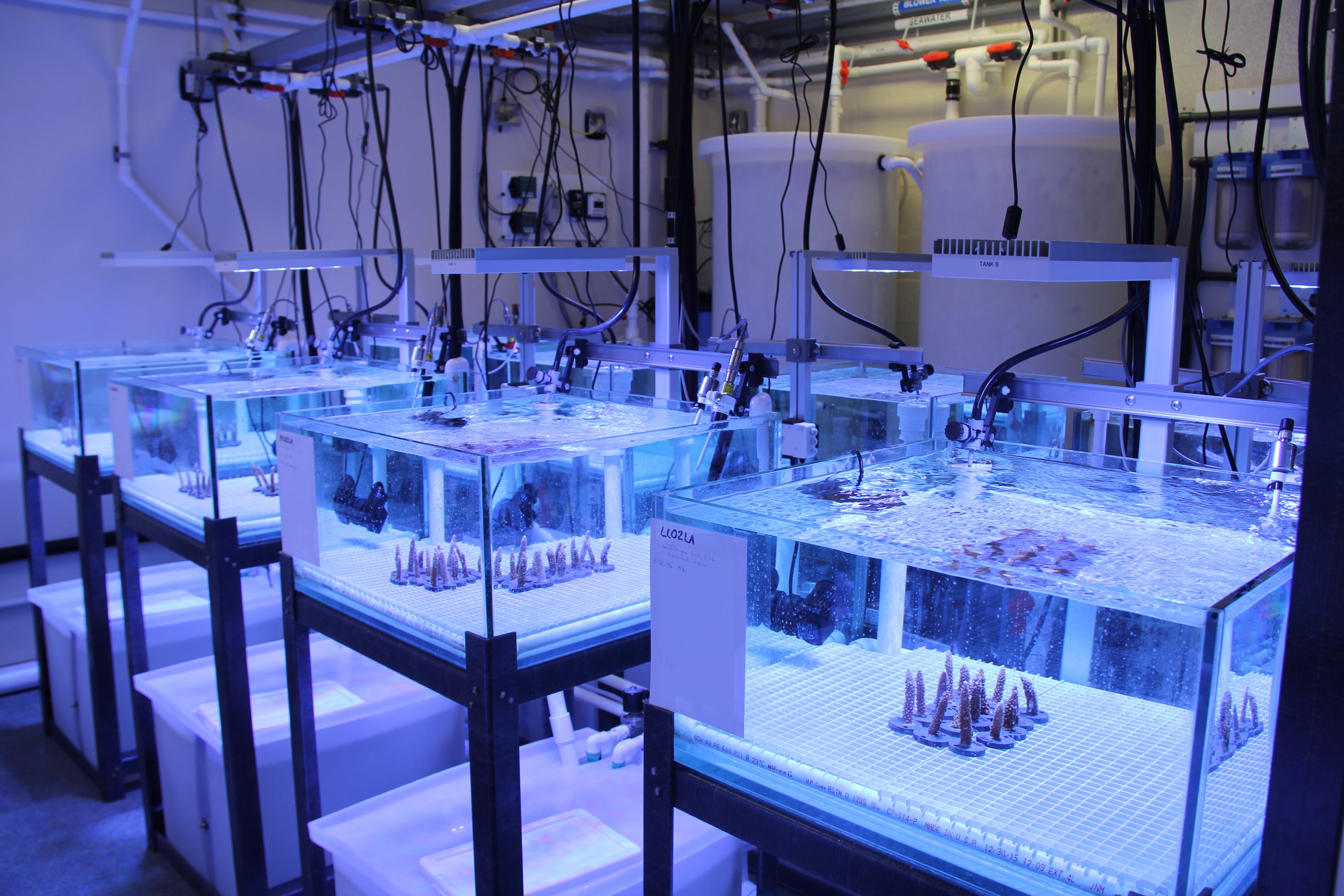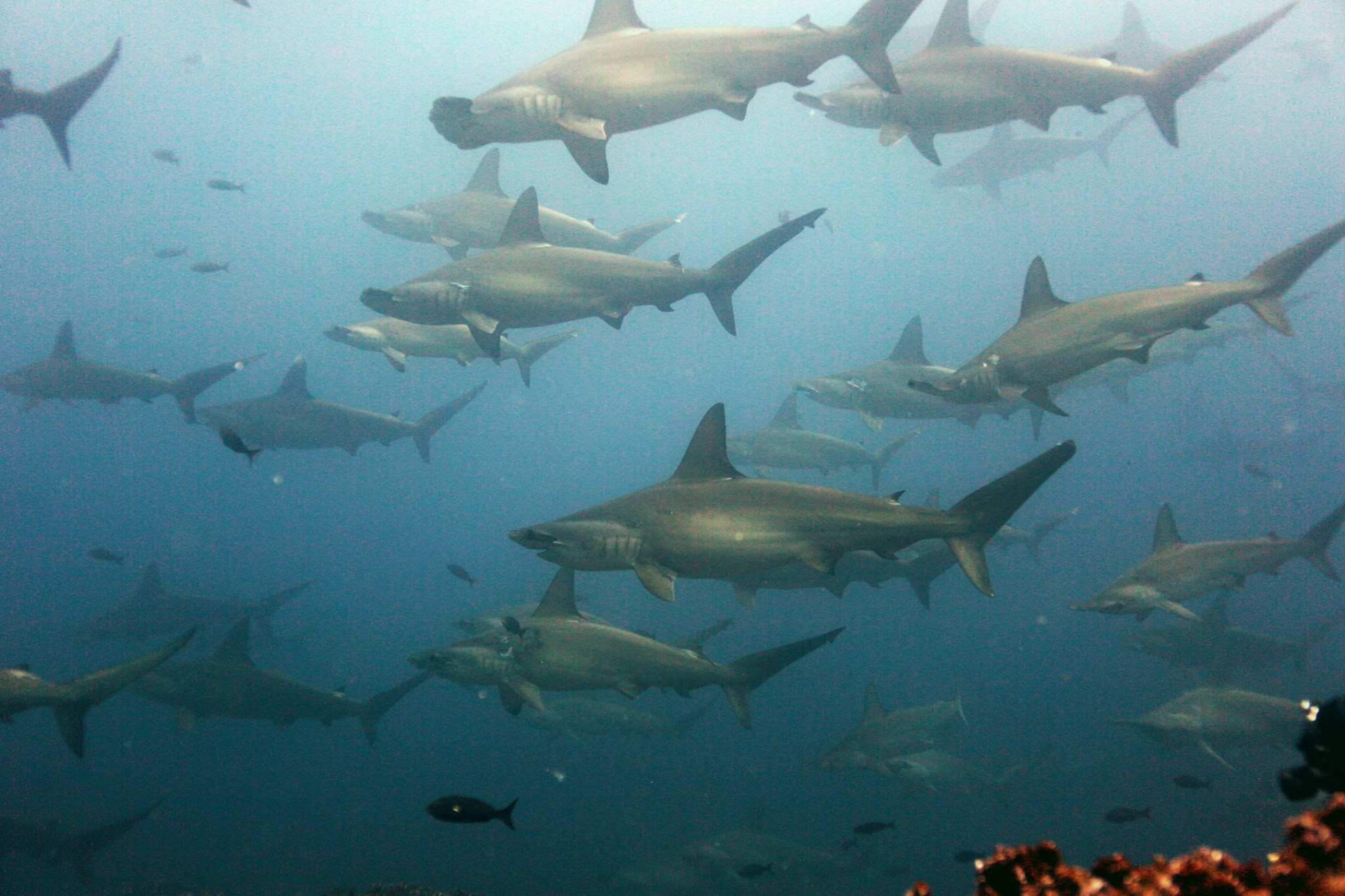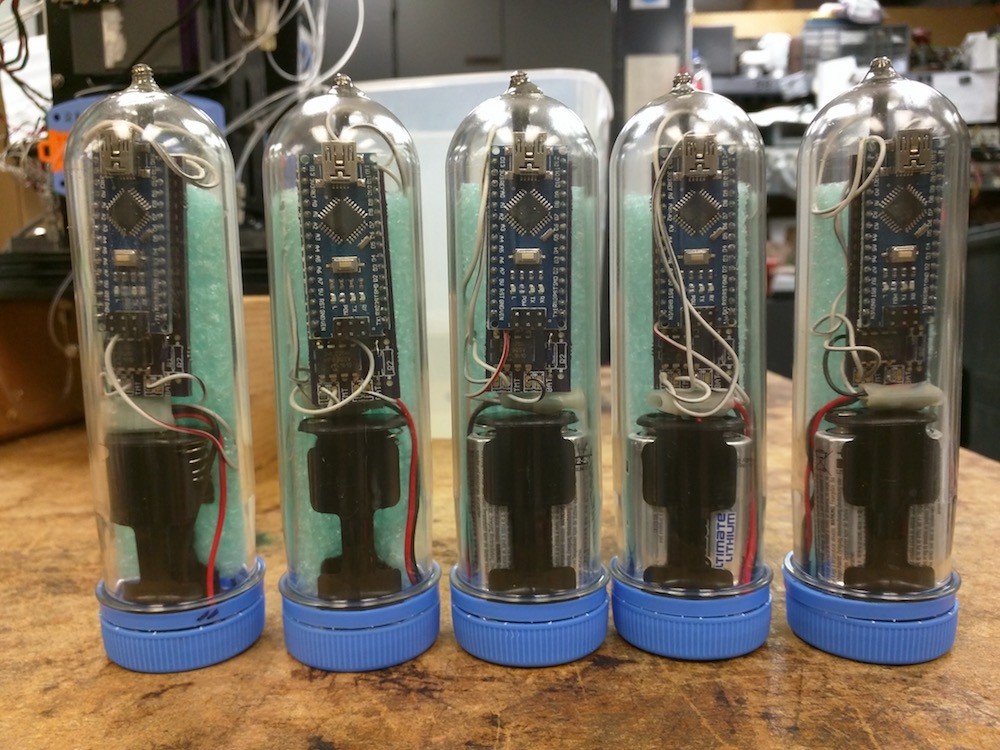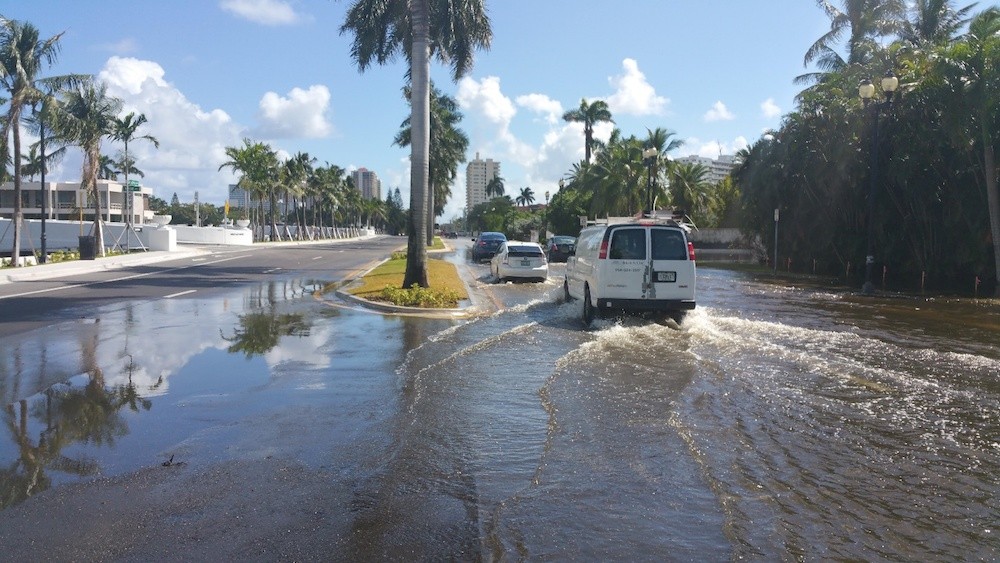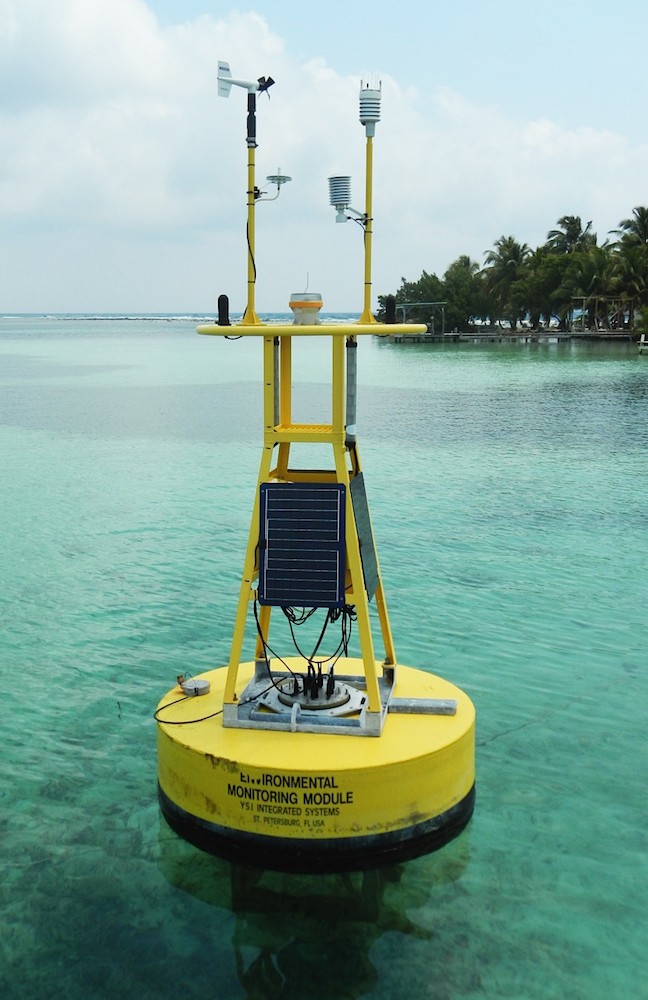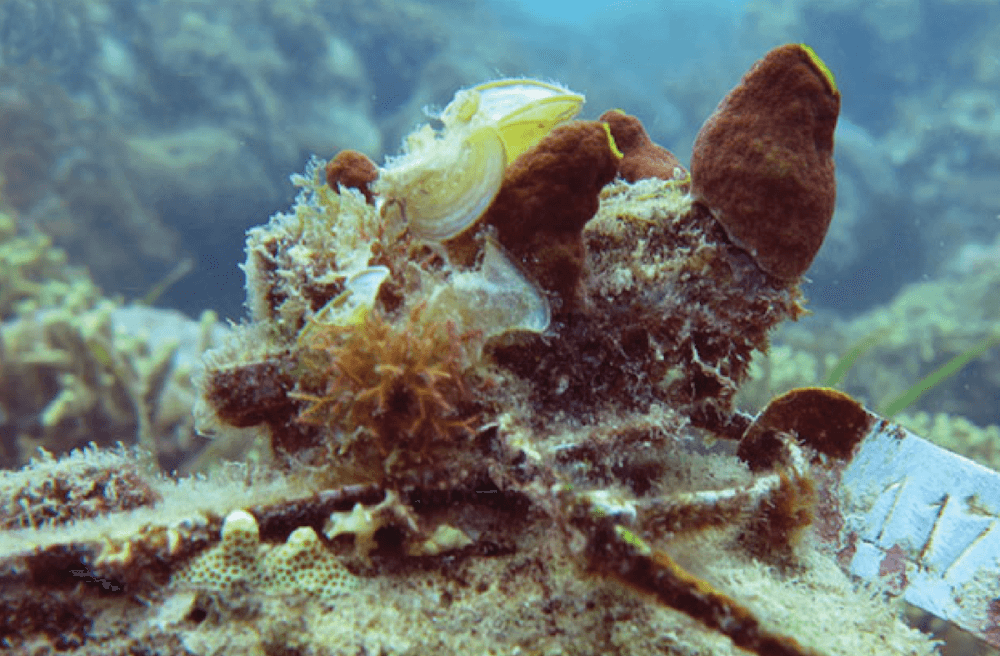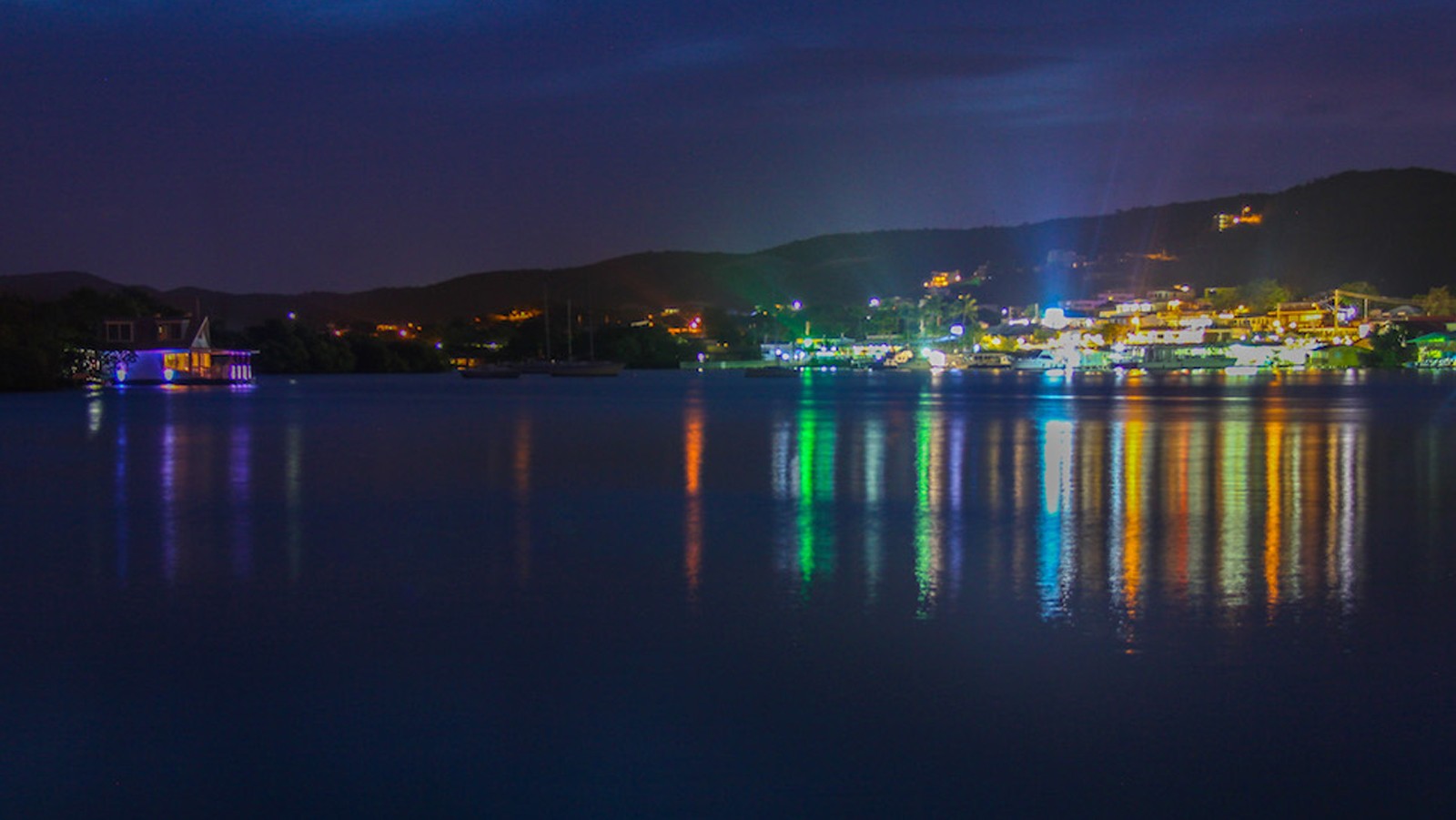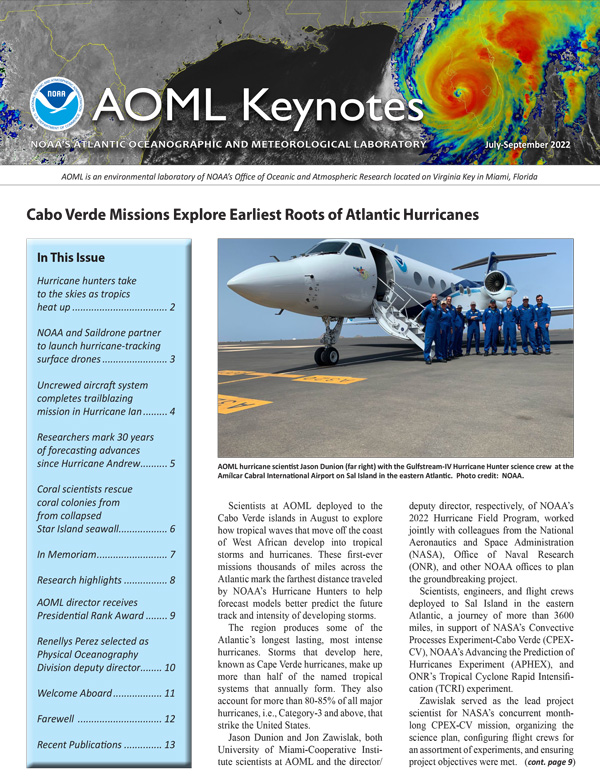Early Warning System: Study Explores Future Risk of Waterborne Disease in a Warming Climate
In a new study published in Environmental Health Perspectives, a team of scientists including researchers from NOAA’s Atlantic Oceanographic and Meteorological Laboratory (AOML) explore the future risk of waterborne disease in a warming climate. Recently, the European Center for Disease Prevention and Control (ECDC) developed an interactive online tool that can be used to monitor coastal marine areas with environmental conditions favorable to Vibrio growth, aquatic bacteria that can cause human illness. The Vibrio Map Viewer is a real-time global model that uses daily updated remote sensing data to determine marine areas vulnerable to higher levels of Vibrio.

